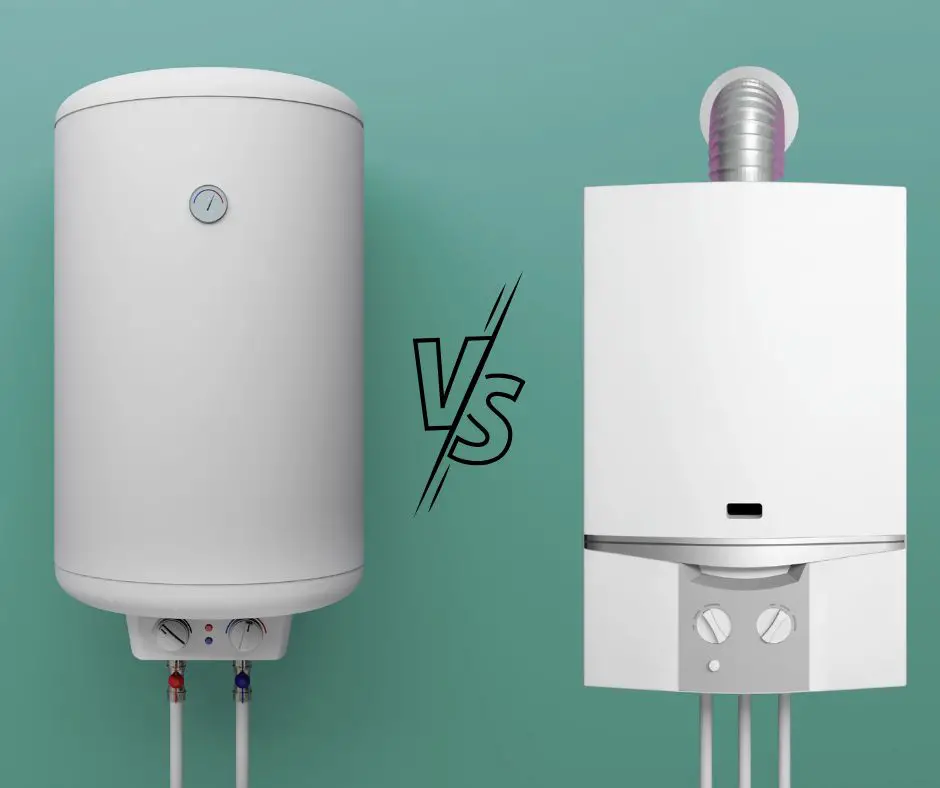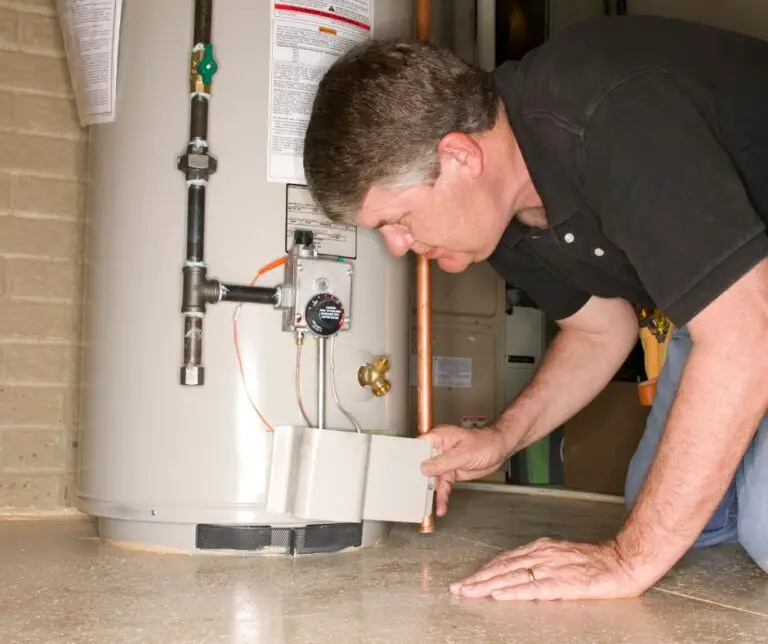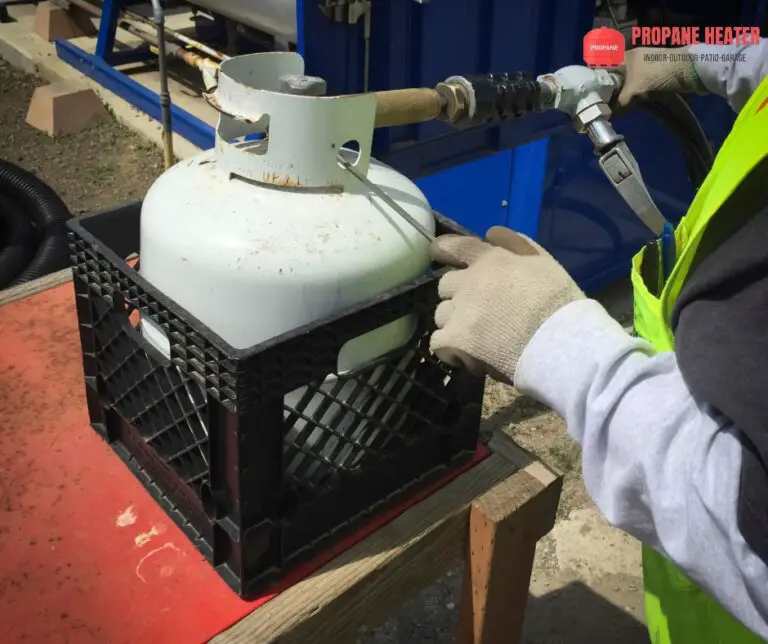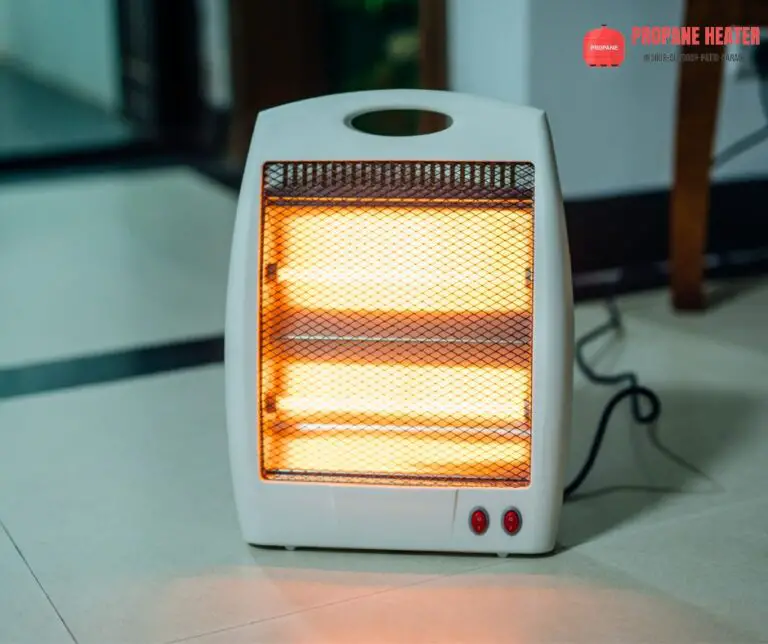
Tankless vs Tank Water Heater
As a homeowner, you have to make a lot of choices. Some choices are small, like what color to paint your walls. Other choices are bigger, like whether to buy a tank or tankless water heater.
If you’re not sure which type of water heater is right for you, don’t worry. In this blog post, we’ll compare tank and tankless water heaters so you can make an informed decision.
Tank Water Heater
A tank water heater, as the name suggests, is a type of water heater that uses a tank to store hot water. Tank water heaters are the most common type of water heater in the United States, and they come in a variety of shapes and sizes.
There are two main types of tank water heaters: electric and gas. Electric tank water heaters are the most common type, and they use electricity to heat the water in the tank. Gas tank water heaters use natural gas or propane to heat the water in the tank.
Tankless Water Heater
If you’re considering upgrading your home’s water heater, you may wonder if a tankless water heater is a right choice for you.
Tankless water heaters have a number of advantages over traditional tank water heaters, including being more energy-efficient and having a longer lifespan. But tankless water heaters also have a few disadvantages, such as a higher initial cost and a potential for inconsistent water temperatures.
So, what’s the verdict? Should you switch to a tankless water heater? The answer may depend on your specific needs and preferences. In this blog post, we’ll explore the pros and cons of tankless water heaters to help you decide if this type of water heater is right for your home.
Which Is Better a Tank or Tankless Hot Water Heater?
There are several things to consider when deciding which type of hot water heater is best for your home. Tank hot water heaters are less expensive upfront, but they may be less energy-efficient and have a limited hot water supply. Tankless hot water heaters are more expensive upfront, but they are more energy-efficient and have an unlimited hot water supply.
What Is the Downside of A Tankless Water Heater?
Although tankless water heaters have many benefits, there are also some potential downsides to consider. One downside is that tankless water heaters can be more expensive than traditional water heaters.
They also require more maintenance and care than traditional water heaters. Additionally, tankless water heaters can have a shorter lifespan than traditional water heaters.
One downside is that they take longer to deliver hot water. This is because the water must first be heated before it can be delivered.
Additionally, the water temperature can be inconsistent when multiple outlets are on simultaneously. And finally, tankless water heaters cannot provide hot water during a power outage.
What Is the Most Common Problems with Tankless Water Heaters?
The most common problem with tankless water heaters is that they can become clogged with mineral deposits.
This can happen if the water in your area is high in minerals, or if the tankless water heater is not properly maintained. If the tankless water heater becomes clogged, it will not be able to heat the water properly, and it may also cause the unit to overheat.
Another common problem with tankless water heaters is that they can develop leaks. This is usually due to a faulty seal or gasket. If you notice a leak, you should have the unit repaired or replaced as soon as possible.
If you have a problem with your water heater, it could be one of several things. It could be a mineral buildup, system overload, cold water sandwich, air supply or exhaust blockage, ignition failure, or flame failure. If you’re not sure what the problem is, call a professional to take a look at it.
What Is the Downside of A Tank Water Heater?
There are a few downsides to tank water heaters. They are less efficient than tankless water heaters, so they can end up costing more to operate. They also have a limited supply of hot water, so you may need to wait for the water to heat up if you use a lot at once. Finally, they are more prone to leaks and water damage than tankless water heaters.
What Is the Most Common Problems with Tank Water Heaters?
One of the most common problems associated with tank water heaters is the formation of sediment at the bottom of the tank. This can lead to a number of problems, including decreased efficiency and, in extreme cases, tank failure. Sediment can also cause the water heater to make strange noises as it heats the water.
Is It Worth Switching to A Tankless Water Heater?
Tankless water heaters have been gaining in popularity in recent years. Many homeowners are drawn to the idea of having an endless supply of hot water, as well as the potential energy and cost savings.
However, tankless water heaters are not right for every home. They are a significant investment and require careful planning and installation. Additionally, tankless water heaters have different flow rate requirements than traditional tank water heaters, so you’ll need to make sure your home’s water supply can meet the demand.
If you’re looking for a more efficient water heater, a tankless model is a good option. These heaters don’t store hot water, so they use less energy than conventional models. That can translate into an annual savings of $25 to $107, depending on the size and efficiency of the unit. Tankless water heaters also have a longer lifespan, so you’ll save money in the long run.
Finally
In conclusion, if you’re looking to install a new water heater, or you’re having your current one serviced, consider tankless or tank water heaters. Tankless water heaters are better suited in cold climates, but if your home’s water heater is in good, working order, a tank water heater may be a better option for you.

I am Richard A. Jackson man behind propane heating solution, An HVAC expert working as a team lead of the heating department, Provide services all over the USA (around all major cities), and from planning to implementation, you will get all your solution here. We provide various tanks (propane and other natural gases) and deal with disposable waste.





